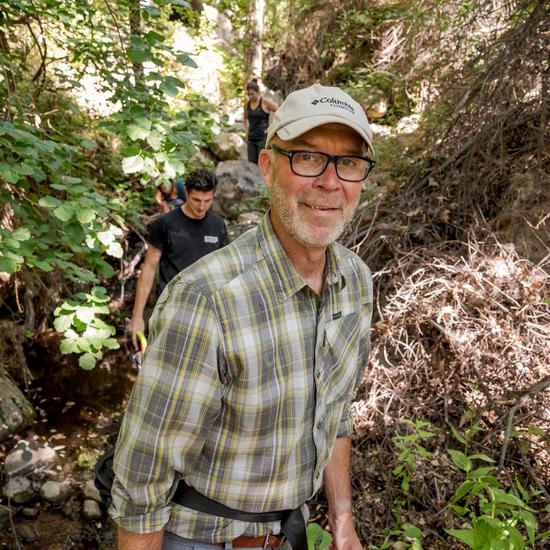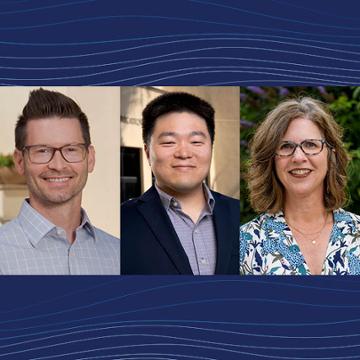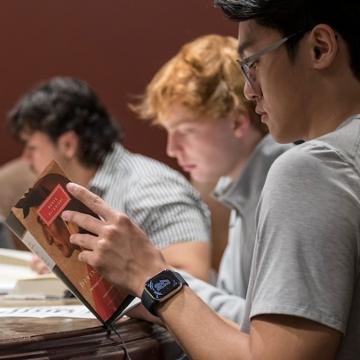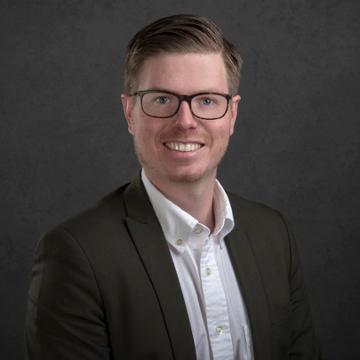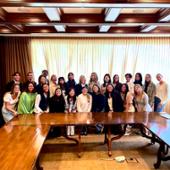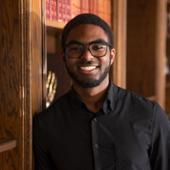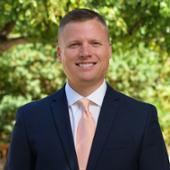Seaver College Newsroom
Rooted in Research: How Seaver College Dean Lee Kats Sparked a Culture of Discovery at Pepperdine University
As a result of his mission to help undergraduate students discover and create new knowledge in the field, Lee Kats has helped Pepperdine University blossom into an R2 university capable of producing world-changing findings.
